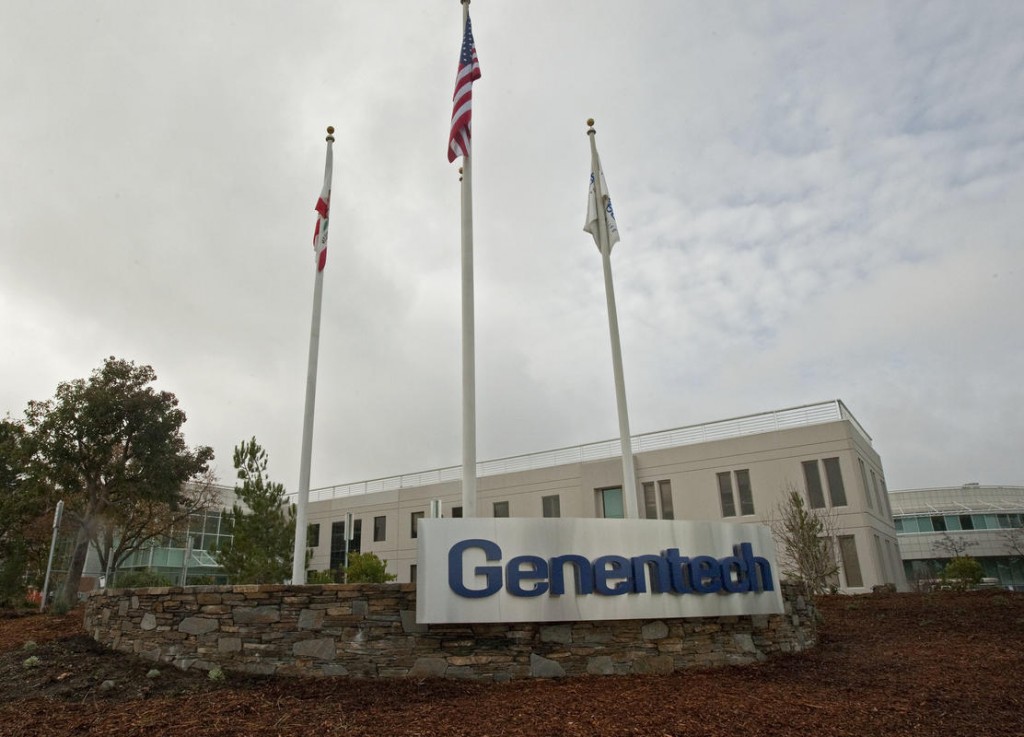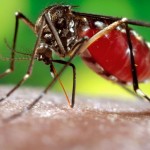
Take, for example, anaplastic lymphoma kinase (ALK)-positive metastatic non-small cell lung cancer. Lung cancer, as a whole, has always been one of the most difficult cancers to treat. Lung cancer is difficult to detect and this means that, typically, by the time doctors are able to identify it, it is often too late or so far along that treatments are largely ineffective.
New treatments, though, are making it possible to treat lung cancer, including this particular type of lung cancer. Yes, the United States Food and Drug Administration has just granted accelerated approval to the new Genetech treatment called Alecensa (alectinib) for those ALK-positive metastatic non-small cell lung cancer (NSCLC) patients who have not responded successfully to Pfizer’s Xalkori (crizotinib).
US FDA Center for Drug Evaluation and Research director of the Officie of Hematology and Oncology Products, Richard Pazdur, MD, comments, “Today’s approval provides a new therapy for a group of patients who would have few treatment options once their disease no longer responds to treatment with Xalkori. In addition to the primary effect on tumors in the lung, Alecensa clinical trials provide evidence of an effect on tumors that had spread to the brain, which is an important effect for clinicians to understand.”
This accelerated approval of Alacensa is an important one because lung cancer is the leading cause of cancer death among patients in the United States. Furthermore, there are an estimated 221,200 new cases diagnosed every year, as well as an estimated 158,040 lung cancer-related deaths (as of 2015, as told by the National Cancer Institute).
The ALK gene mutation targeted in this treatment can occur in many different types of cancer cells and this includes, of course, lung cancer. However, the ALK gene mutation is only present, it appears, in roughly 5 percent of NSCLC patients. In addition, treating these patients is important because metastatic cancers spread to other parts of the body, making it even more difficult to treat; with the disease often migrating to the brain.








